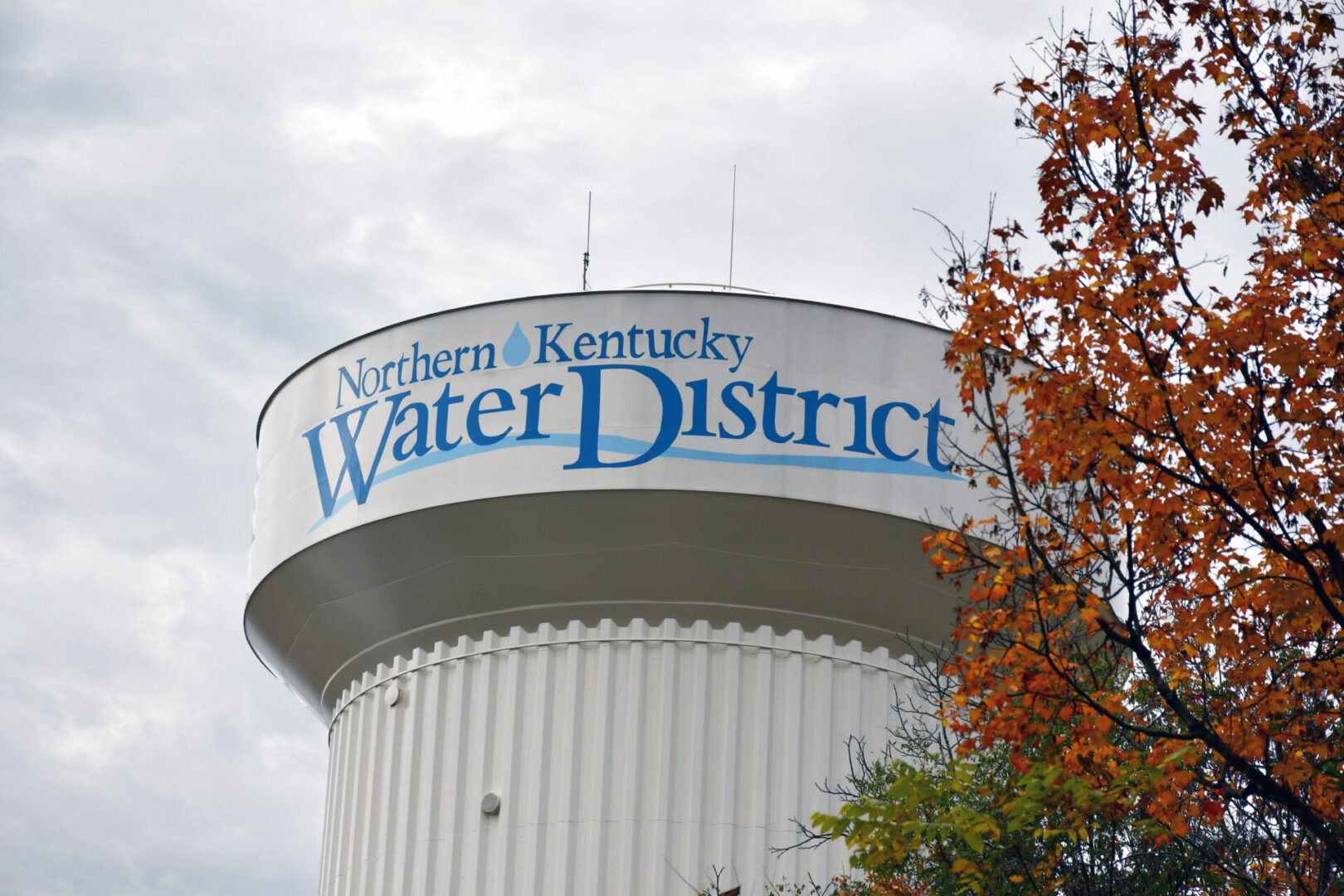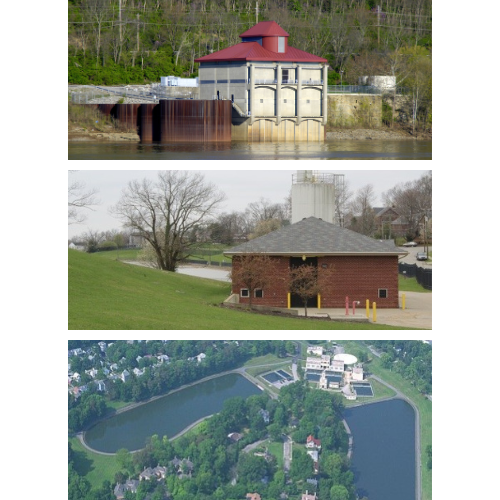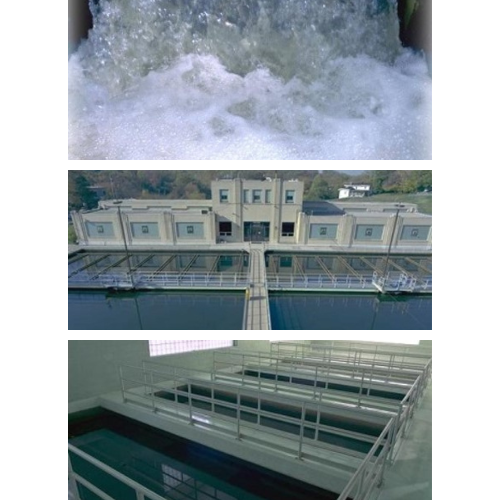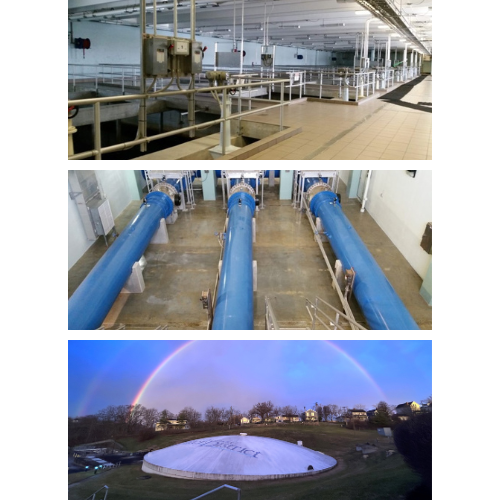Water Quality
Water Quality Reports
NKWD’s drinking water meets all of the Environmental Protection Agency’s (EPA) health standards. Our staff gather water samples from over 155 locations each month. We want to ensure that we have an accurate picture of the water quality.
Each year in March we publish a Water Quality Report (also referred to as the Consumer Confidence Report) to inform our customers about testing results and the quality of their drinking water:


Water Source Information
Northern Kentucky Water District (NKWD) is the largest water district and the third largest water utility in the Commonwealth of Kentucky. NKWD serves approximately 300,000 people in Campbell and Kenton Counties and portions of Boone, Grant and Pendleton Counties. NKWD staff are fully committed to excellence, working hard to uphold NKWD’s mission – to provide our customers a safe, clean and sufficient water supply through a reliable and interactive system that meets all State and Federal standards, while delivering great value at a reasonable cost.
NKWD operates three water treatment plants: Taylor Mill, Fort Thomas and Memorial Parkway. The Taylor Mill treatment plant’s water source is the Licking River while the Fort Thomas and Memorial Parkway treatment plants draw water from the Ohio River.
Water Treatment Process:



